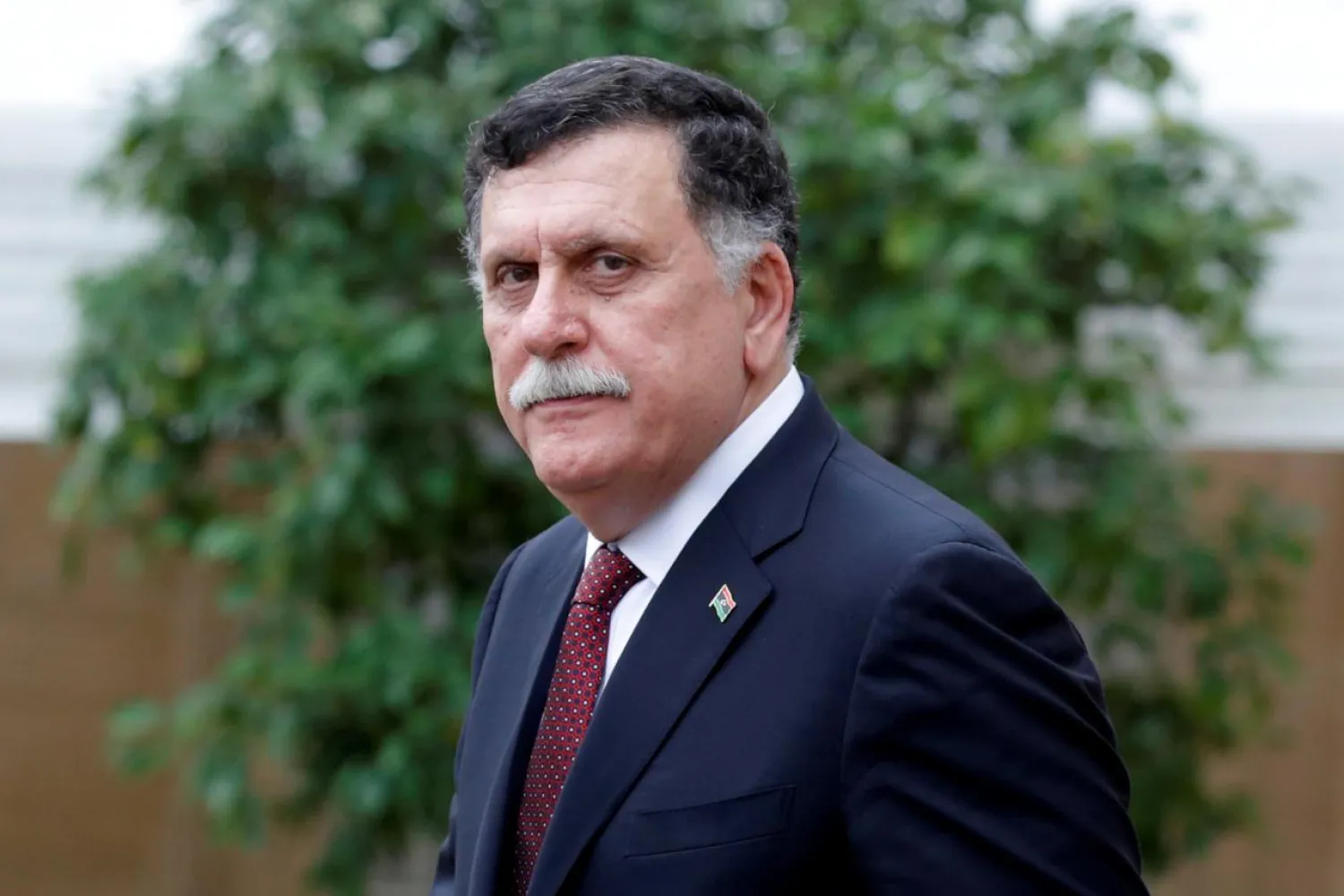The wave of resignations from the Government of National Accord (GNA) and accusations that it has failed in managing Libya’s affairs have prompted demands for the formation of an independent national unity government that can resolve the militia chaos sweeping the capital Tripoli.
Protests, the most recent of which took place in Tripoli on Friday, have been demanding the formation of such a government. The people have rallied against the GNA and its Presidential Council, both chaired by Prime Minister Fayez al-Sarraj, and the poor living conditions.
The people complained over frequent energy cuts and the prevalence of militias.
MP Mosbah Douma Awhaida said that reviewing the Presidential Council has become a necessity in wake of the resignations and the errors in managing Libya.
He cited the resignation of Moussa al-Kouni, Ali al-Qatrani and Fathi al-Majbari from the council.
These developments have rendered the GNA and council “useless after the demise of its spirit of accord,” he noted.
It risks losing its neutral stance if its continues in its present state and it may eventually transform into a rival in the ongoing political dispute, warned the lawmaker.
“The accord that was backed by the international community and the majority of the Libyan factions is now at a crossroads. Its agenda should be revised to reflect all powers, not just certain figures,” Awhaida added.
He therefore proposed the restructuring of the executive authority until a president and deputies are chosen. This will be followed with the formation of an independent national unity government that can unite state institutions and help hold a referendum on the constitution in the lead-up to the December presidential and parliamentary elections.
Tobruk MP Saleh Hashem Ismail, meanwhile, said that there can be no talk of the formation of a national unity government.
Zintan MP Omar Ghaith Qarmil countered, however, saying that the establishment of such a cabinet “is a step in the right direction.”
“We had previously stated that a solution cannot be reached given the current division in the executive authority,” he added.
He wondered, however: “How can such a government be formed amid the dangerous security situation? How will it go about its duties while the militias are controlling the capital?”
A fertile ground is, therefore, needed to tackle the security situation and establish an environment that is necessary for the new government to carry out its duties, he said.
A number of lawmakers had held consultations in mid-June aimed at forming a national unity cabinet.
An agreement was reportedly reached, but nothing has materialized yet.
MP Jalal al-Shuwaihdi welcomed efforts to form such a cabinet, noting however that they are being hindered by several sides.
“Some powers are openly supporting such a move, but covertly working against it,” he told Asharq Al-Awsat.









